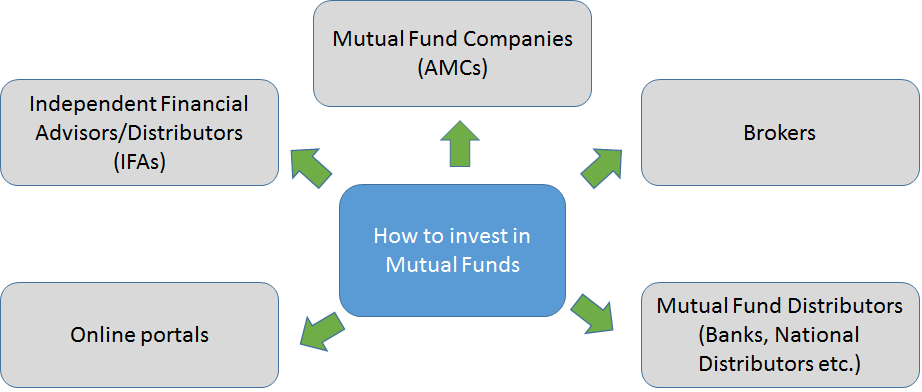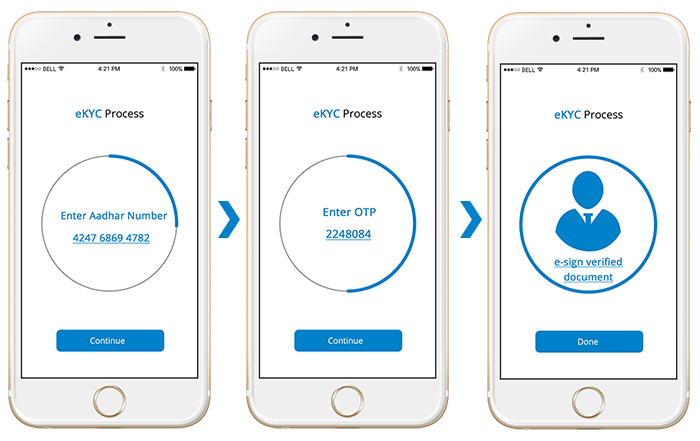
Fincash » Mutual Funds India » Dream Vacation with Mutual Fund
Table of Contents
- Why Use Mutual Funds for Vacation Planning?
- Steps to Plan Your Vacation with Mutual Fund Investments
- Investment Strategies Based on Time Horizon
- The SIP Approach: A Stress-Free Way to Save for Vacations
- Tax Implications to Consider
- Historical Examples of Successful Vacation Planning with Mutual Funds
- Factors to Keep in Mind
- Conclusion
Planning Your Dream Vacation with Mutual Fund Investments
Imagine taking that dream vacation you've been thinking about—whether it’s a serene retreat to the Maldives, an adventurous road trip across Europe, or a family expedition to a destination like Disneyland.

It might seem unattainable at times, but strategic investments in Mutual Funds can transform these dreams into reality. In this article, we’ll explore how to use mutual funds to plan and fund your dream vacation, with real-world examples and historical investment insights.
Why Use Mutual Funds for Vacation Planning?
Mutual funds are a popular investment choice for vacation planning because they offer a diverse and balanced approach to growing your savings over time. Unlike traditional savings accounts that offer minimal returns, mutual funds can yield higher returns through strategic investments in equities, debt, or Hybrid Fund.
Power of Compounding: The concept of compounding helps your money grow exponentially over time. The earlier you start Investing, the more your money has the potential to multiply.
Flexibility and Variety: Mutual funds come in various types—Equity Funds, Debt fund, and balanced or hybrid funds. You can select a fund that aligns with your risk tolerance and investment horizon.
Steps to Plan Your Vacation with Mutual Fund Investments
1. Set a Clear Vacation Budget
First, calculate the total cost of your dream vacation, including travel, accommodation, food, sightseeing, and other expenses. Let’s say your dream trip to Europe costs approximately ₹5 lakh. Now, the goal is to invest in Mutual Funds in a way that helps you reach this target amount.
2. Determine Your Investment Horizon
Your investment strategy depends on how long you have until you plan to take your vacation. If you’re planning a trip within the next 1-3 years, a conservative approach would be ideal. However, if you have 5 years or more, you can afford to take on higher risks with equity mutual funds.
Talk to our investment specialist
Investment Strategies Based on Time Horizon
Short-Term Planning (1-3 Years)
For a short-term goal like a vacation within 1-3 years, it’s best to choose low-risk investment options. Debt mutual funds or Liquid Funds are ideal because they offer more stable returns compared to equity funds.
Example: If you invest ₹4 lakh in a debt mutual fund with an annual return of 6%, your investment could grow to approximately ₹4.25 lakh in one year. Although the returns aren’t exceptionally high, the low risk makes it a safe option.
Long-Term Planning (5+ Years)
If your dream vacation is 5 or more years away, equity mutual funds can offer higher returns due to the long-term potential of the stock Market.
Example: Suppose you invest ₹1 lakh every year in an equity mutual fund with an Average Return of 12%. After 5 years, your investment could grow to around ₹6.35 lakh, thanks to the power of compounding.
Historic Insight: If we look at the performance of major equity indices like the Nifty 50, they have historically provided annualized returns of 10-12% over the long term. Investors who started SIPs (Systematic Investment Plans) in diversified equity mutual funds a decade ago have often seen their investments grow significantly.
The SIP Approach: A Stress-Free Way to Save for Vacations
One of the best ways to plan for a vacation is through a Systematic Investment plan (SIP). With SIPs, you invest a fixed amount of money at regular intervals, which reduces the risk of market Volatility and ensures disciplined savings.
Example: Let’s say you decide to invest ₹10,000 every month for 3 years. If your chosen mutual fund provides an annual return of 8%, your SIP could grow to approximately ₹4.1 lakh. This structured investment method helps you accumulate the required amount without having to make a large one-time deposit.
Tax Implications to Consider
While investing in mutual funds, keep in mind the tax implications. Short-term Capital gains (STCG) from equity funds (if held for less than a year) are taxed at 15%, while long-term Capital Gains (LTCG) are taxed at 10% for gains exceeding ₹1 lakh. For debt funds, STCG is taxed as per your income tax slab, and LTCG (if held for more than 3 years) is taxed at 20% with indexation benefits.
Tip: If you are nearing your vacation timeline, consider shifting your investments from equity funds to safer debt funds to preserve your gains.
Historical Examples of Successful Vacation Planning with Mutual Funds
Many investors have successfully funded their dream vacations by Investing Early and smartly. Consider the case of Ramesh, who started a SIP of ₹5,000 per month in 2015 with the goal of taking his family on a vacation to Switzerland in 2023. Over 8 years, his disciplined investments grew to over ₹6.5 lakh, thanks to the power of compounding and steady market growth.
Fund NAV Net Assets (Cr) Min SIP Investment 3 MO (%) 6 MO (%) 1 YR (%) 3 YR (%) 5 YR (%) 2023 (%) ICICI Prudential Infrastructure Fund Growth ₹182.77
↑ 0.55 ₹7,214 100 2.6 -3.8 7.1 28.1 38.9 27.4 IDFC Infrastructure Fund Growth ₹48.045
↑ 0.19 ₹1,563 100 0.9 -6.6 5.3 25.9 36.1 39.3 L&T Emerging Businesses Fund Growth ₹75.9538
↑ 0.35 ₹13,334 500 -5.3 -12.2 3.3 18.4 35.7 28.5 Nippon India Power and Infra Fund Growth ₹329.752
↑ 2.52 ₹6,849 100 1.3 -6 2.9 28.2 35.7 26.9 HDFC Infrastructure Fund Growth ₹45.192
↑ 0.06 ₹2,329 300 3 -4.2 4.3 28.5 35.2 23 Franklin Build India Fund Growth ₹134.325
↑ 1.09 ₹2,642 500 2.6 -4.1 6.2 27.9 35.1 27.8 DSP BlackRock India T.I.G.E.R Fund Growth ₹293.535
↑ 0.97 ₹4,880 500 -0.9 -10.4 3.5 25.6 34.6 32.4 Franklin India Smaller Companies Fund Growth ₹161.744
↑ 0.73 ₹11,970 500 -2.2 -8.3 3.2 21.5 34.5 23.2 Kotak Small Cap Fund Growth ₹244.695
↑ 0.54 ₹15,706 1,000 -4.2 -11 6.9 14.1 33.7 25.5 Edelweiss Mid Cap Fund Growth ₹94.124
↑ 0.62 ₹8,634 500 0 -4.1 18.8 23.3 33.6 38.9 IDFC Sterling Value Fund Growth ₹142.927
↑ 0.69 ₹9,430 100 2.7 -4.4 6.8 16.4 33.5 18 Note: Returns up to 1 year are on absolute basis & more than 1 year are on CAGR basis. as on 23 Apr 25 200 Crore in Equity Category of mutual funds ordered based on 5 year calendar year returns.
Factors to Keep in Mind
- Market Volatility: Equity markets can be unpredictable. If you’re investing for a long-term goal, be prepared for market fluctuations.
- Review Your Investments: Periodically review your mutual fund Portfolio to ensure you’re on track to meet your vacation budget.
- Emergency Fund: Always maintain an emergency fund separate from your vacation fund to ensure financial security.
Conclusion
Investing in mutual funds is a smart way to plan and save for your dream vacation. By understanding your risk tolerance, choosing the right funds, and leveraging the power of compounding, you can turn your travel dreams into a reality. Start investing today, and who knows, your dream destination might be closer than you think!
Remember: The key to successful vacation planning lies in starting early and staying disciplined with your investments.
All efforts have been made to ensure the information provided here is accurate. However, no guarantees are made regarding correctness of data. Please verify with scheme information document before making any investment.











